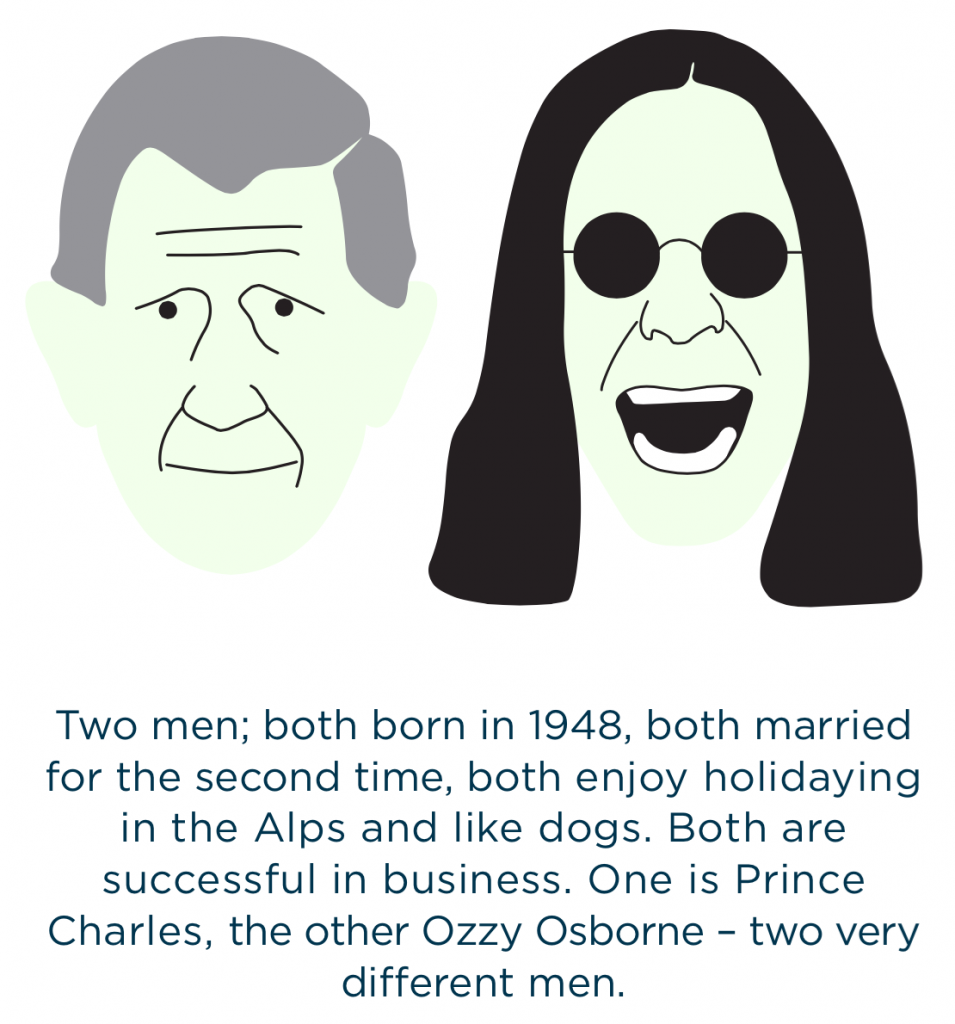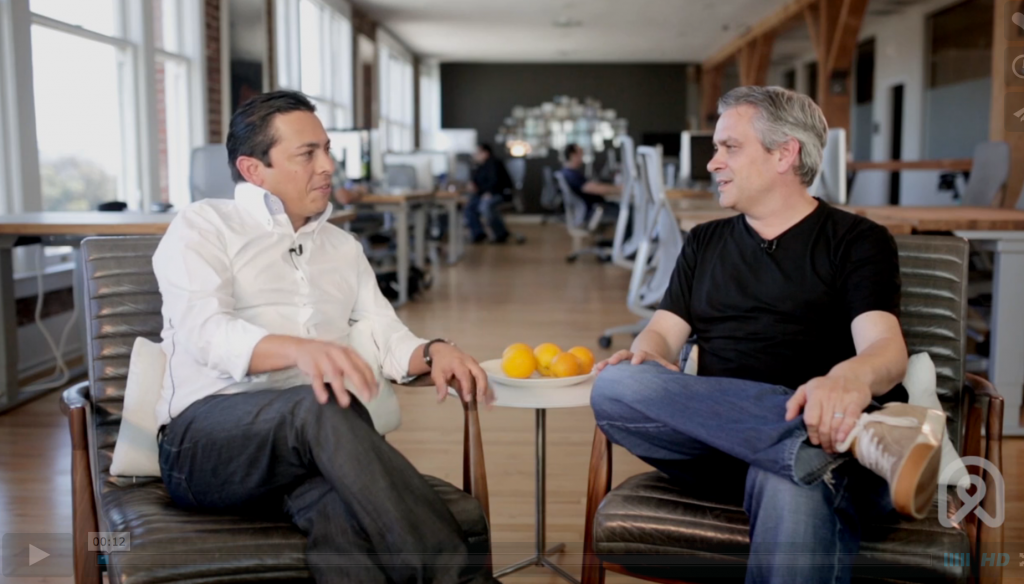Using inputs by Followerwonk Social Authority, Alexa, & Twitter, Ross Dawson recently put together a clever widget to rank the most influential “Futurist” leaders on social media. Brian Solis ranked #87!
Prowly: Disruptive PR: The New Way of Doing Public Relations
Iva Grigova of industry magazine Prowly recently did a comprehensive article about disruptive public relations, extensively quoting from Brian Solis’ public thoughts on the subject.
Prowly: Disruptive PR: The New Way of Doing Public Relations
Iva Grigova of industry magazine Prowly recently did a comprehensive article concerning disruptive public relations, quoting extensively from Brian Solis’ public thoughts on the subject.
Social media gave everyone a voice, on the other hand, it also gave everyone a voice
We live in a world where where information and misinformation is prevalent and weighted equally all too often. As human beings, we are learning how to use social media effectively to communicate and connect. At the same time, we’re drowning in abundance, complexity of choices and and unfortunately, the misappropriation or misdirection of influence. Concurrently in professional realms, many leadership teams are overwhelmed with trying to keep up with the sheer scope and scale of the digital evolution. For many…
Breaking the Digital Fourth Wall Through Experiential Storytelling
The fourth wall is the space that separates a performer or performance from an audience. A character, actor, author or storyteller “breaks the fourth wall” when they address the audience directly. As an analyst, author, blogger, podcaster and creator, I am by default, in the content business. Dedicating time to produce my work matters not if no one happens upon it. But once someone discovers my work, it must convincingly pierce the fourth wall between the medium and them to…
How to Make Lifelong Learning an Organizational Priority
Guest post by Mark Burgess (@mnburgess) co-author of “Social Employees: The New Marketing Channel,” a 22-part video tutorial released by Lynda.com, a LinkedIn company. What is the value of lifelong learning, and how do you build it within your organization? Today, the value of building a culture of active learners can be summed up in one word: relevancy. In a recent post for Harvard Business Review, Pat Wadors, CHRO of LinkedIn, argues precisely this. Simply put, organizations that are not…
The 7 Success Factors of Social Business Strategy [INFOGRAPHIC]
Over the years, my partner Charlene Li and I authored a series of research papers and also a short book on the evolution of social businesses, from philosophy to strategy to practice. Along the way, we also produced an effective maturity model and infographic that documented the six stages of social business transformation. This work would eventually pave the way toward my focus on digital transformation and innovation today. Now, after all this time however, I wanted to share the…
Creating Truly Personal Omni-Channel Customer Experiences
When I was in London, I visited the Smart Focus HQ to shoot a series of videos, host a webinar and also sign books for local marketing professionals (videos and webinar accessible here.) While there, something unplanned and very cool began to surface and I’m excited to share the result with you here. We assembled all of the content, organized it, and developed additional material as a dedicated ebook. I’ve embedded it below or you can read more about it…
The Gap Between Big Data and Big Insights: Turning data into engaging stories
Have you seen the popular HTC One TV commercial featuring Gary Oldman? It’s quite brilliant really. A highly celebrated A-list actor is paid millions to say little more than “blah blah blah” throughout the entire commercial. I’m reminded of it because that’s the reaction I tend to have these days when I hear the words “big data.” It’s almost as if I’m transported to the classroom in a Peanuts episode listening to the muted voice of the teacher muttering incomprehensible…
Introducing N3TWORK, A Mobile Television Network Powered by Interests and Context
Early on, I was one of the first analysts to explore the dynamics of the interest graph versus the social graph in social networks. Think Twitter vs. Facebook. I learned right away that interest graphs tend to share connections based on topics rather than relationships. I also found that every person possesses a series of 6-10 interest graphs that together form a social graph. Google refers to these groupings as “Circles.” The notion of manually organizing people by interests though…
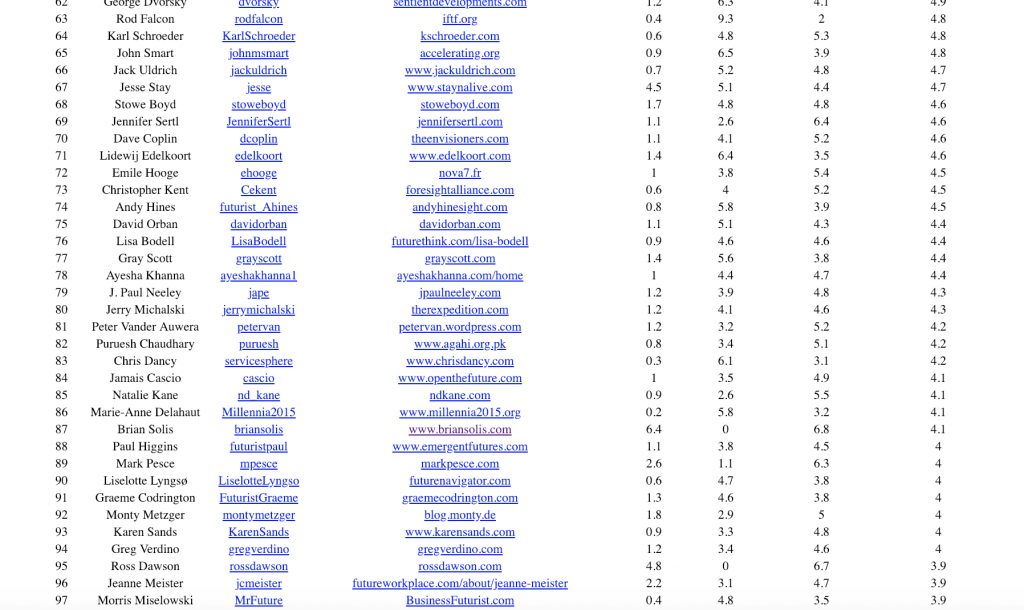
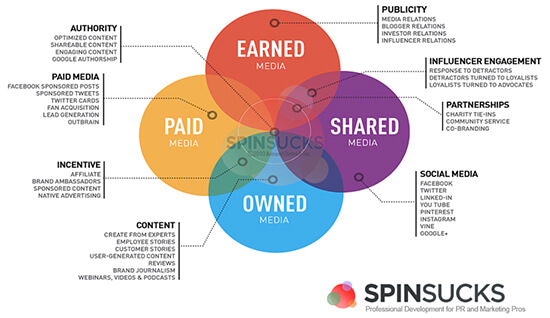

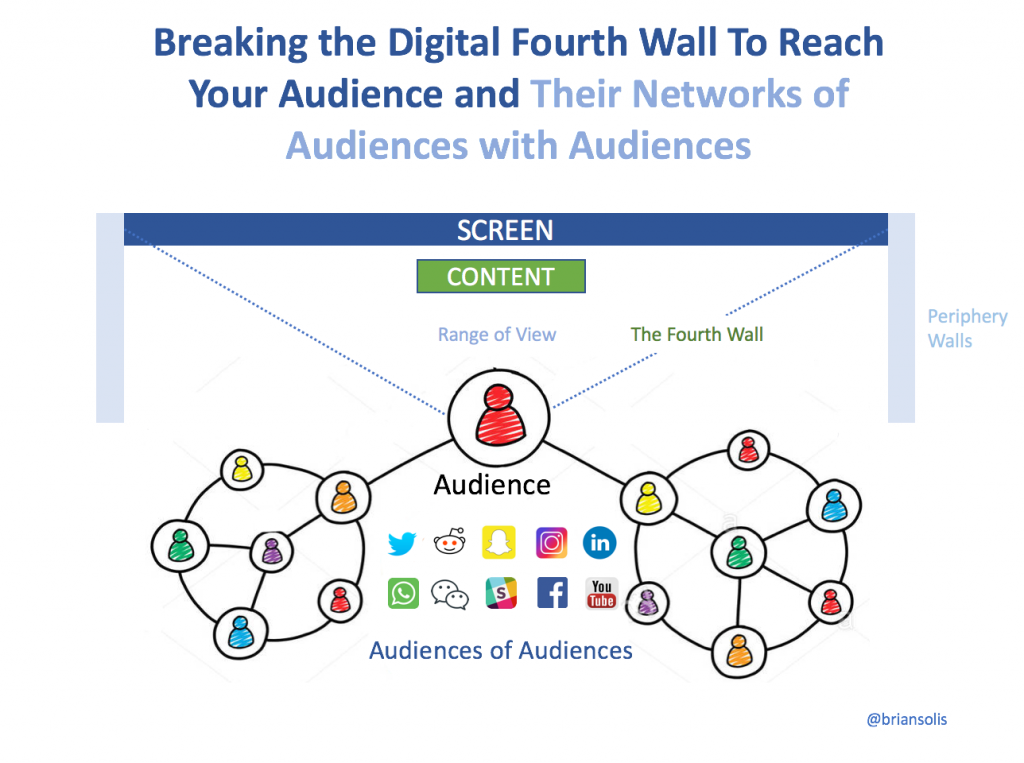
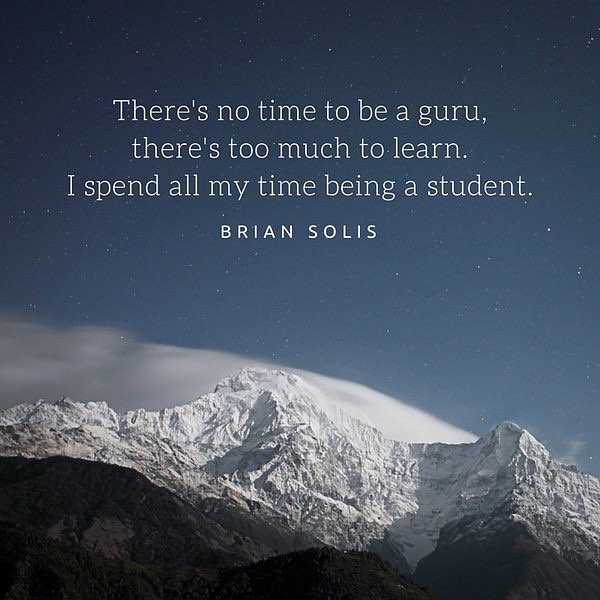
![The 7 Success Factors of Social Business Strategy [INFOGRAPHIC]](https://briansolis.com/wp-content/uploads/2015/04/Altimeter_7Success_Factors_psd-1024x738.png)
